The government hopes to create entire hydrogen-powered neighbourhoods in a bid to help lower the carbon footprint of domestic heating and become a net-zero carbon nation by 2050. Using fossil fuels such as gas for heating and cooking do contribute to UK emissions. By contrast, burning hydrogen is emission-free, and so would represent a huge leap forwards in focusing on this 205 net-zero goal. Various initiatives such as HyDeploy are helping make hydrogen a reality. HyDeploy is key in the introduction to hydrogen in the UK as a heating source.
Who Are HyDeploy?
HyDeploy is a project, which looks at understanding how hydrogen can be used to play a role in combating climate change. HyDeploy is one of a number of initiatives (which also includes Hy4Heat) focusing on hydrogen, which is looking at how blending up to 20% hydrogen into the natural gas network can reduce carbon dioxide, without needing to alter how we heat our homes.
A number of Charlton & Jenrick gas fires are now able to run on blended hydrogen.
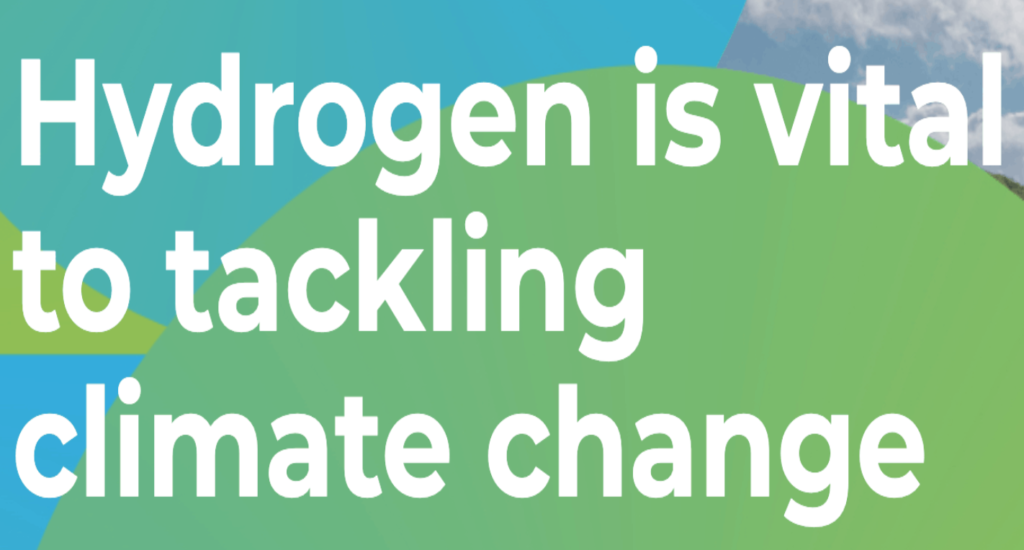
How does blended fuel like this work?
Natural gas works in much the same way hydrogen as a heating source. The Keel project is known as HyDeploy and is the UK’s first live trial of hydrogen in a modern gas network. Keel has its own gas supply system, which was why it was chosen for this experiment. An electrolyser is used to produce the hydrogen. This clever device splits water, H2O, into its constituent parts: hydrogen and oxygen.
If this 20% hydrogen blend is fully rolled out across the UK, it is thought that CO2 emissions will be reduced by around 6 million tonnes. That is equivalent to taking 2.5 million cars off UK roads.

Hydrogen – Energy:
Apart from hydrogen not emitting any carbon when it is burnt, there are also some more great advantages of such, essentially from its energy output. Hydrogen contains a large amount of energy. There is the same energy in 1kg of hydrogen as there is in 2.8kg of gasoline.
For each million British Thermal Units (BTU) of energy (the amount of heat required to raise the temperature of one pound of water by one degree Fahrenheit), natural gas will emit 117lbs of CO2, while coal will produce 228lbs. If we were to switch the UK’s entire gas system to hydrogen, it would cut carbon emission by (as a minimum) 73%. This would go a very long way in making a cleaner, greener environment for all.
Our gas fires currently approved for hydrogen blend use:
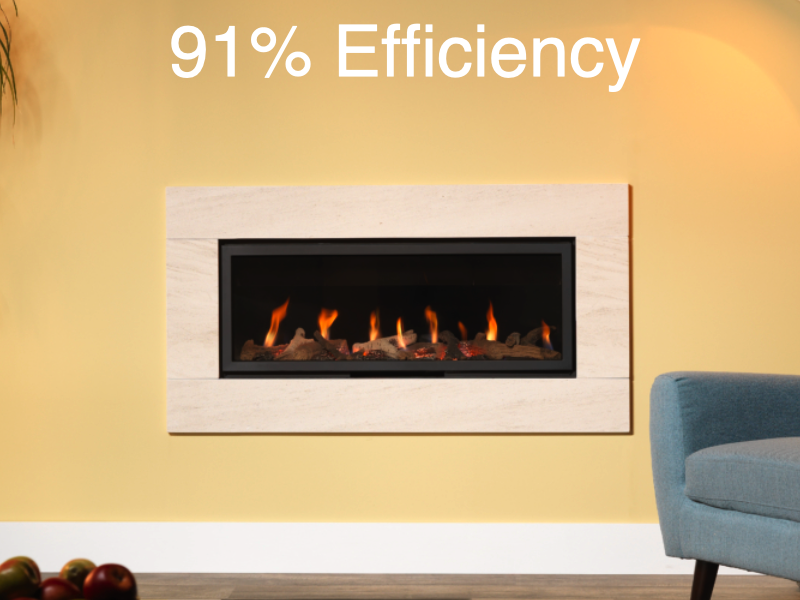
Infinity 890HD BF
The new balanced flue version of our Infinity 890HD BF, with a 91% efficiency is designed for homes without a functioning chimney, featuring an extra-wide flame picture that creates a clear view of the flames within.
Learn more about the 890HD BF range
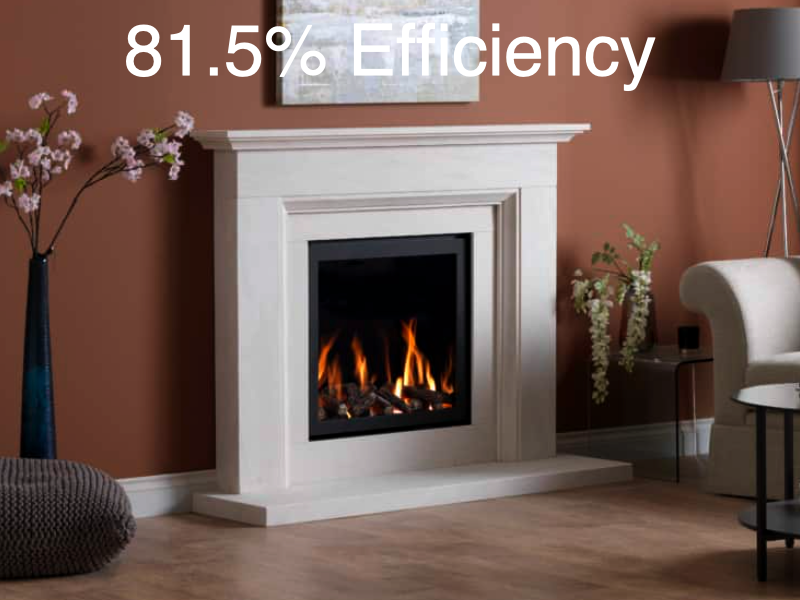
Paragon P5 Range
The Paragon P5 gas fire series creates a striking visual impact combined with excellent efficiencies starting from 81.5%. A choice of black ceramic and black glass firebox liners allow you to customise your fire to your tastes, and anti-reflective glass gives a clear view of the flames within.
Learn more about the P5 range.
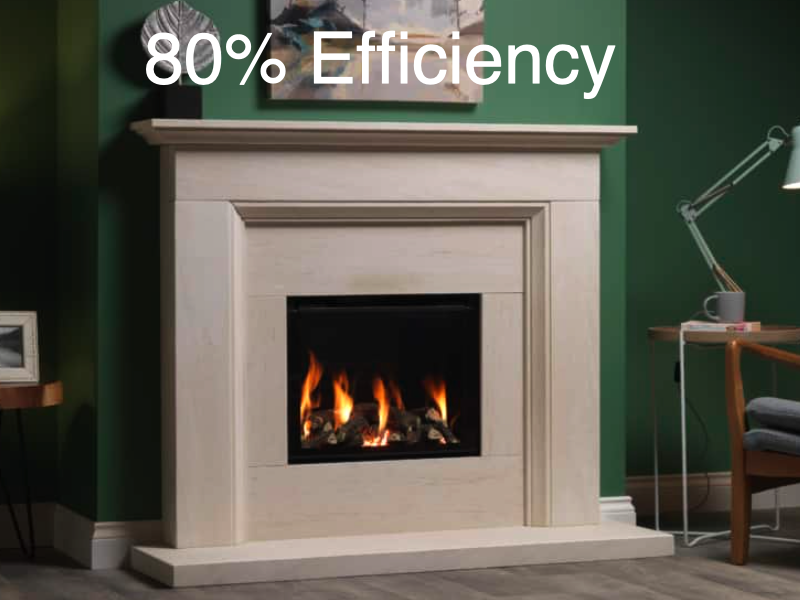
Paragon P11
The Paragon P11 is the flagship product of our Paragon large format gas range, achieving efficiencies of 80%. A large glass window gives a fabulous view of the ultra-realistic log fuel bed and flame picture created by our own burner technology.
Learn more about the P11 range.
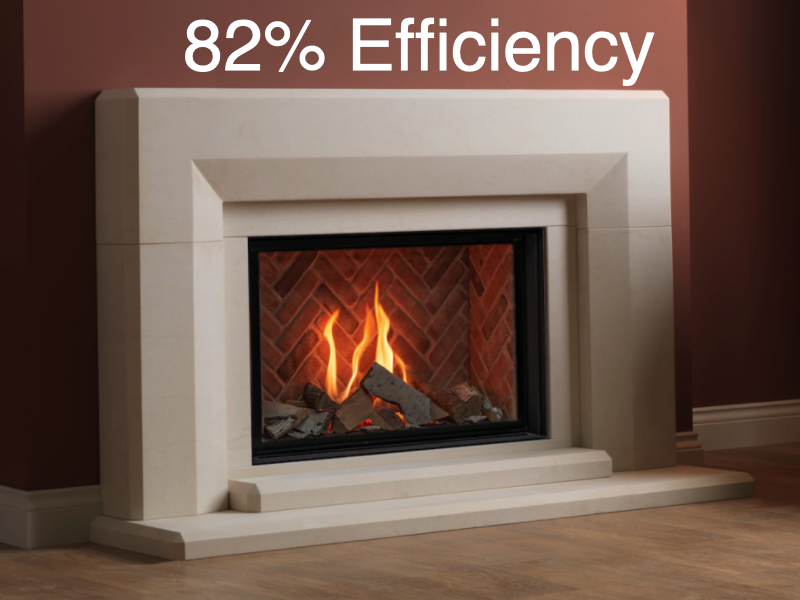
Infinity 780FL
Our new and improved Infinity 780FL large format gas fire has been updated to feature our new Herringbone Brick Liner option and mixed log fuel bed featuring birch and oak logs in various sizes. The large high efficiency glass panel contributes to achieving 82% efficiency, and the fire is compatible with installation both into Limestone and hole in the wall settings.